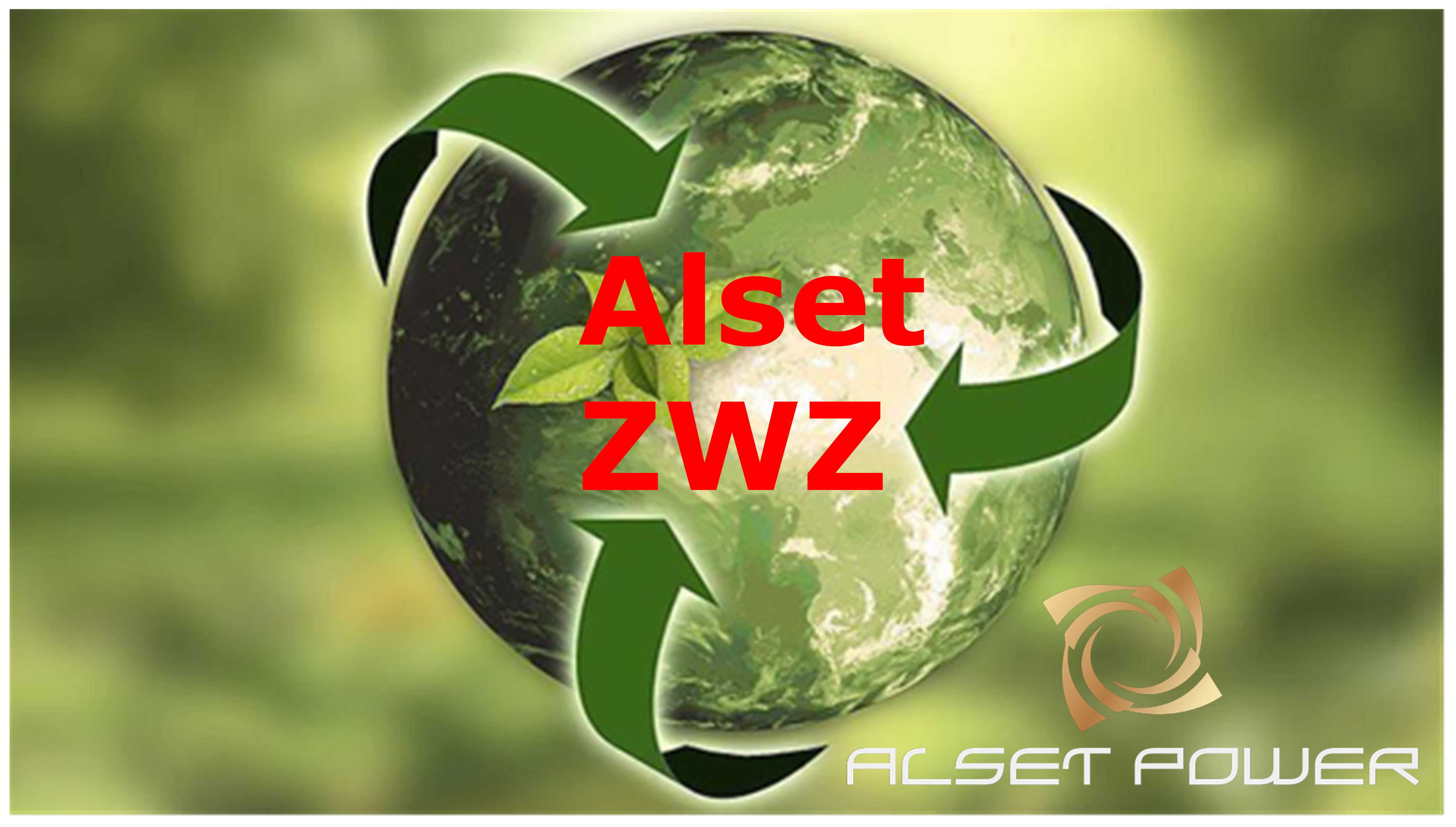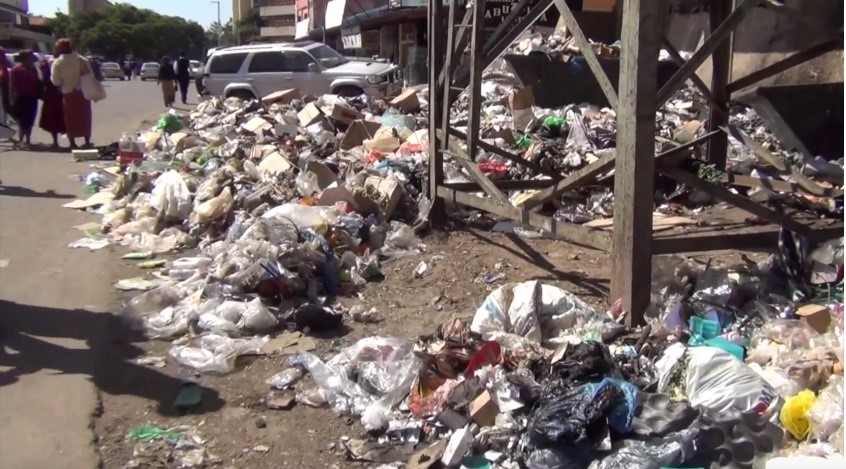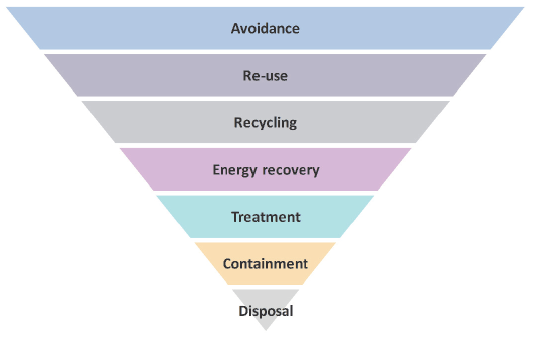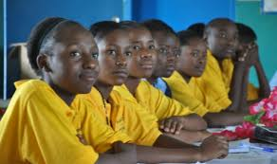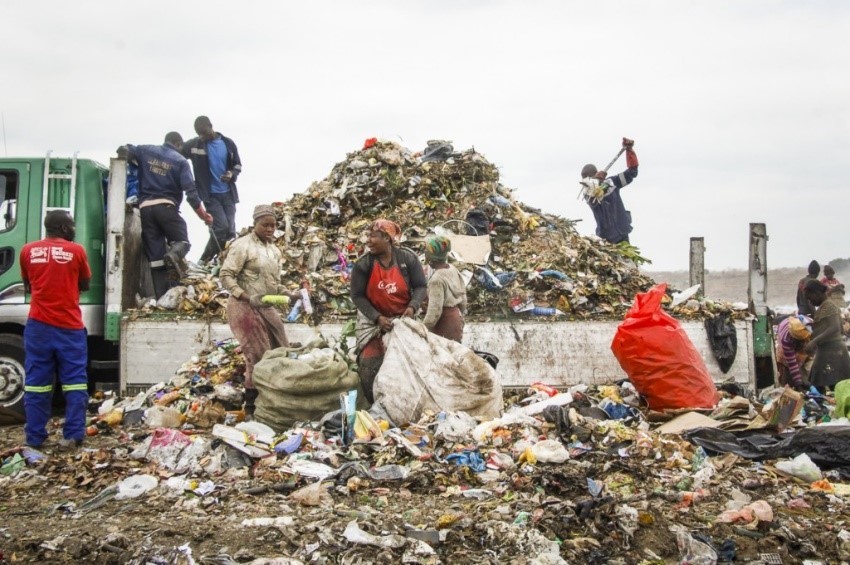Circular Economy Transition
Transitioning Zambia into a Circular Economy – Adaptive Planning – Net Zero – Climate Finance
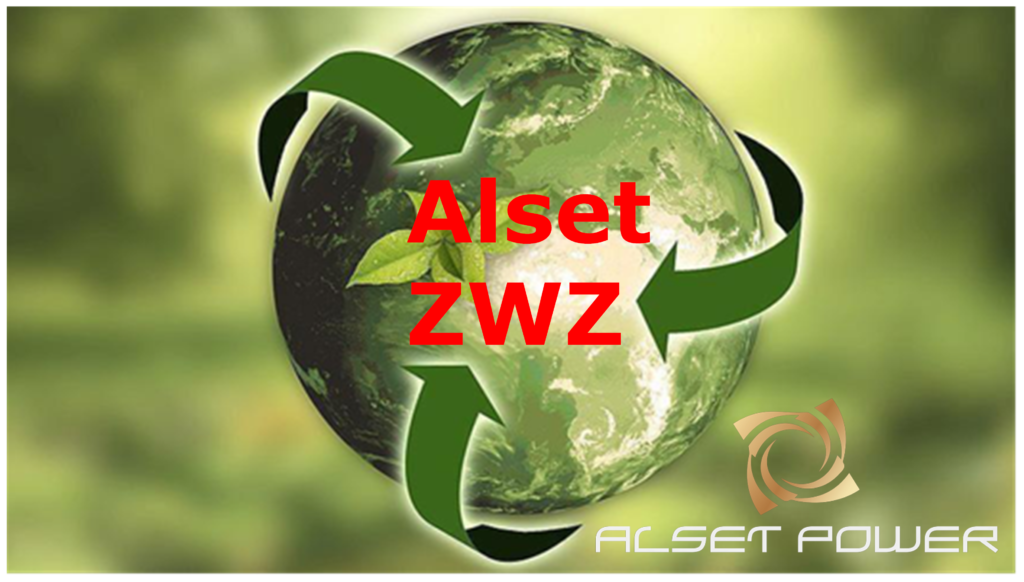
We will work closely with the Ministry of Green Economy to ensure “Transition” now from the current Linear Economy to a Circular Economy one that will see “NO” waste – waste fractions are recycled, reused with energy recovery, manufacture of new products and food production using carbon dioxide from each of our four waste plants – Zero Waste – Zero Landfill. Clear all Landfill sites and use this waste as a mix with normal daily waste.
We have been working with the Bright Future Project company in Zambia who have assisted in facilitation of these four large Waste-to-Energy plants to be built throughout Zambia. They have also been awarded the contract to deal Sustainably with the waste from all the National Parks in Zambia.
We have had twenty-seven years in Climate Change, Sustainable Energy & Waste sectors, specialise in Sustainable Waste Management & Energy Policy & Strategy under Agenda 21 Sustainable Development programming.
Forty years in the Power engineering and wider sectors of Renewable Energy & Nuclear
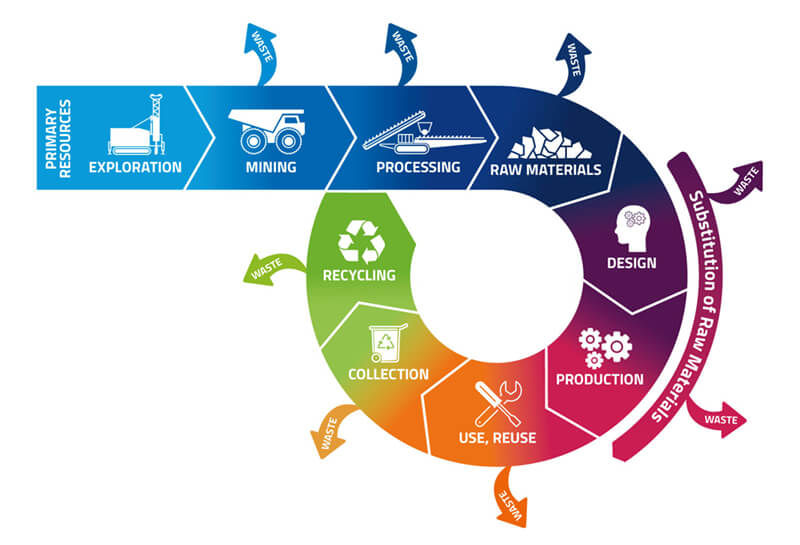
Ngozika Victoria Onyekwelu is our representative in Zambia and she is also the Bright Future Project company Director has been appointed by the African Circular Economy Network as the Zambia representative. Ngozika, in July was invited to give a Circular Economy Presentation to the Ministry of Green Economy and the PS and is now working closely with the Ministry.
There will now be waste plants as one other is being built by another company in Lusaka.
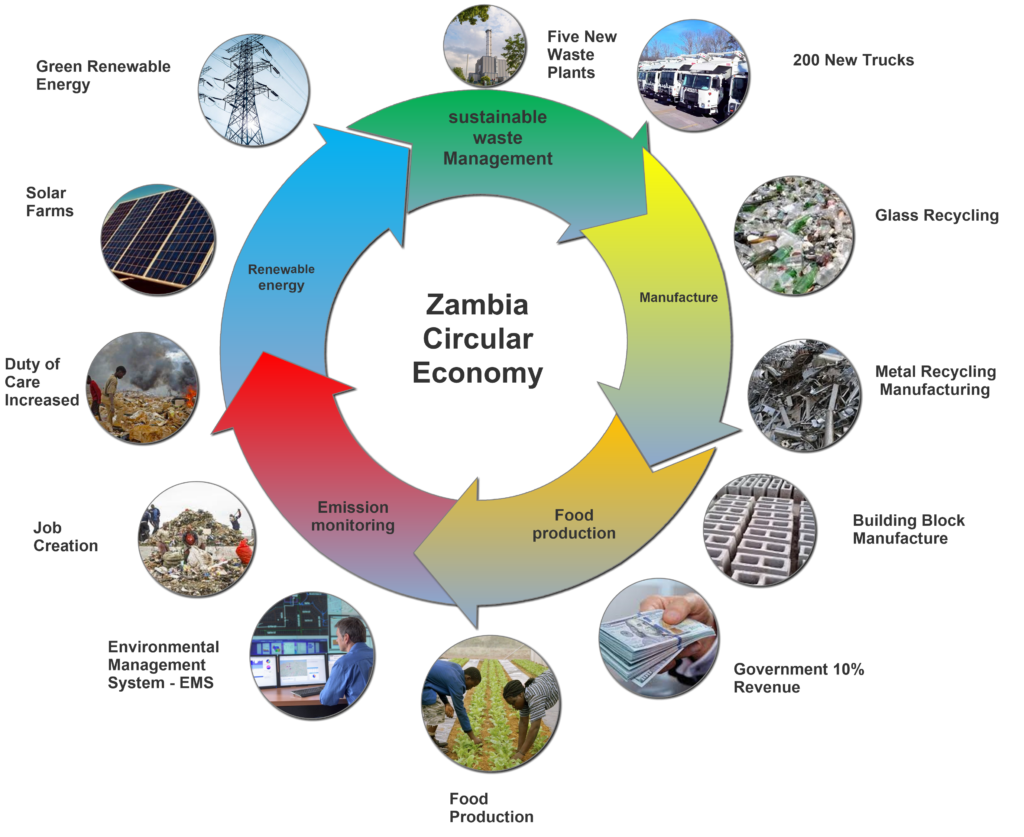
Circular Economy Transition – Zero Waste – Zero Landfill – all waste is recycled or reused & Solar Farms – USD 1.035 Billion.
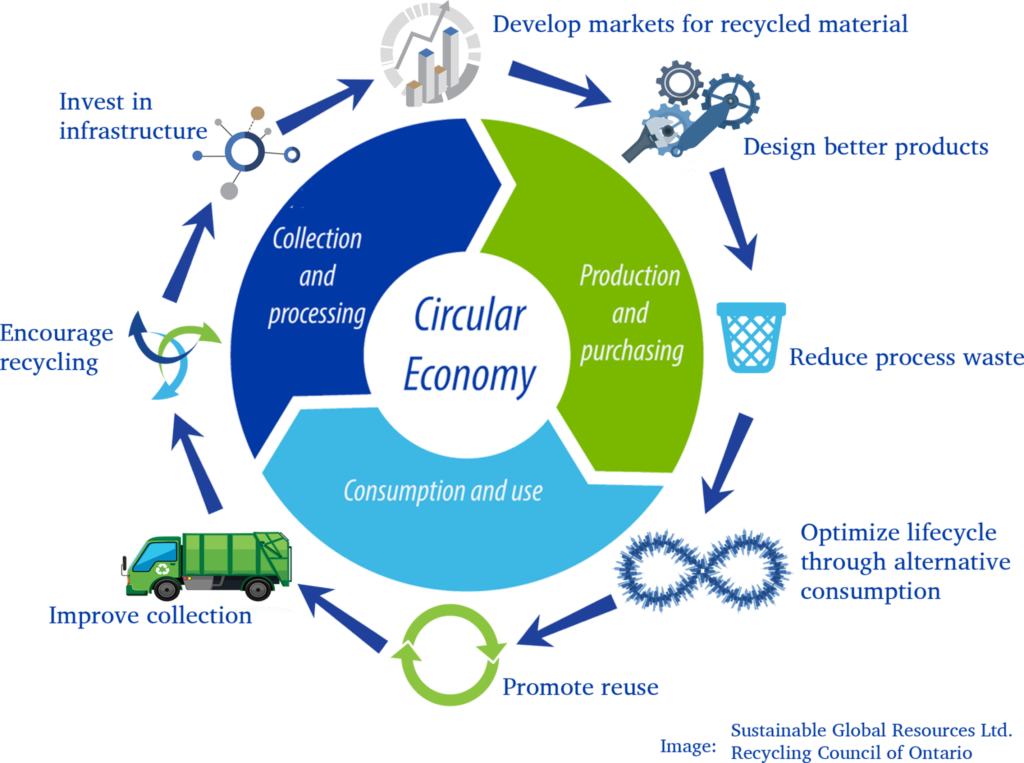
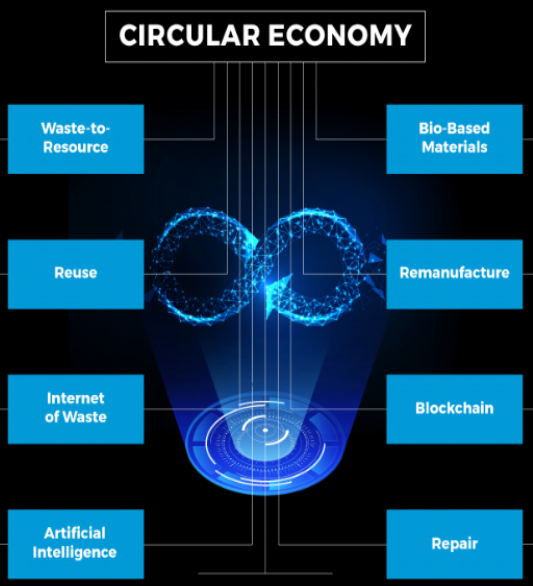
Preventing plastic entering the rivers and lakes of Africa. This video was made by Sky Ocean Rescue and commences at Kisumu in Kenya and end in Egypt.
Zero Waste – Zero Landfill
A Sustainable Bright Future….
Further Description of Project
In February 2021 we gained support and agreement from the Ministry of Energy & OPPPI to proceed with the Feasibility Study stage.
This proven Gasification and recycling processes the MSW from the Cities, Towns & Villages together with Landfill sites without any sorting and provide all the infrastructure requirements of Trucks & Rickshaws. Having no need to sort the waste is a big labour-saving step that is eliminated from the process. As this technology is Gasification there is NO air pollution and NO ground water contamination. This Gasification technology has received the highest rating from the Environmental Protection Agency (EPA) in the USA for the cleanest process system for MSW treatment, cost effective, sustainable, proven technology and comes with full Private funding.
Plants are currently being built in India and also Malawi and being developed in Ghana, Nigeria, Egypt, Ethiopia, Bulgaria and Turkey & hopefully Zambia. We have the backing of the Lusaka City Council and have held meetings with OPPPI & various Ministries.
Job creation – 1,400 jobs for the Four plants – many jobs will be for woman as well as men.
Processing 2,000 tonnes per day & Recycling 300 tonnes per day & Manufacture….
The Gasification process also destroys all the plastic and rubber from tyres, rendering the remaining final products as 100% inert. Because of the shortage of electricity in Zambia it is better to use this plastic in energy generation in our plants. The END products from this gasification process are ferrous metals and non-ferrous metals 18.5 tonnes per day from each plant, which are then recycled together with 42.5 tonnes of glass, ceramics and 10 tonnes of ash. The glass and ceramics are then ground and added to concrete along with the ash for the production of concrete blocks, NOTHING remains for landfill – ZERO
Producing 649,900 MWh each year of Renewable Electricity for Zambia from the four plants.
Reducing waste to landfill to Zero
Green Energy & Recycling & Full funding available $350 million
Power Purchase Agreements (PPA’s) with Private Mining company Off Takers or ZESCO.
Educating the next generation in Sustainable Waste Management, Recycling & Climate Change Mitigation.
WTE is Waste-to-Energy and is deemed a Renewable Energy. Other Renewable Energy projects could follow this WTE project such as Solar PV for homes, Council buildings and schools and also Solar Mini-Grids for Rural Villages and Towns together with Solar PV arrays.
The cost of the Solar Farm project, with battery storage for 24 hour supply would be in the region of $600 Million to $1.2 Billion.
